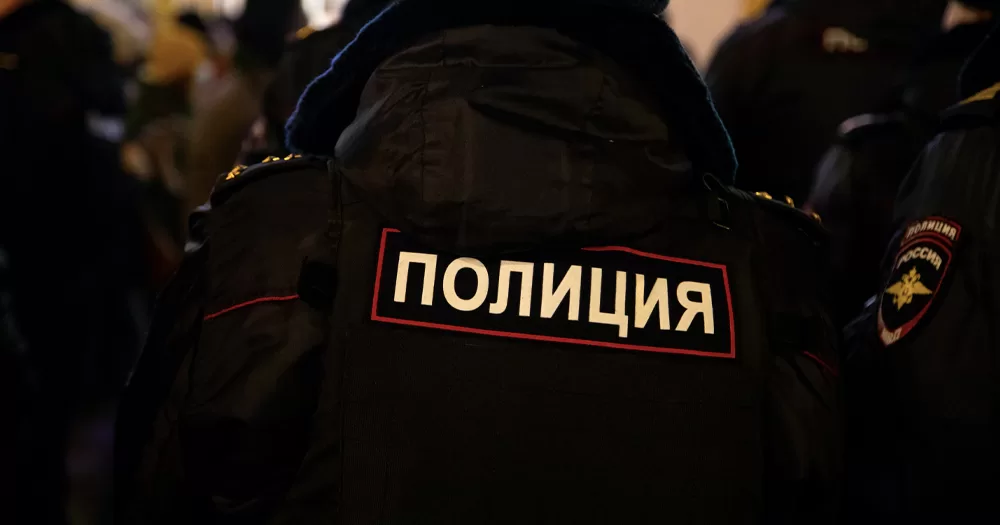As reported on December 2 by Russian news outlets, security forces in Moscow conducted raids at several LGBTQ+ bars and clubs across the city overnight, only 48 hours after the Supreme Court labeling the international LGBTQ+ movement an “extremist organisation”, banning its activities all over the country.
According to Russian newspaper Meduza, the raids began around 10pm and targeted at least four LGBTQ+ establishments, including a nightclub, male sauna and bar. Police told patrons that they were searching for drugs and took photographs of their passports and identification documents.
Videos posted on social media showed a heavy police presence at the targeted venues. At the sauna, people were told to lie face down on the floor while police conducted the raid.
Local group Caution reported on its Telegram channel that managers were able to warn patrons about the arrival of the police, with one club telling customers that “within an hour people in uniform will come in connection with the recent law”, before shutting the party down.
Russian-lang media reporting raids on LGBT clubs in Moscow last night, with police “photographing people’s IDs”. It comes after Russia’s Supreme Court ruled “int’l LGBT movement” an extremist organisation. A famous gay club in St Petes has also closed down
?: Ostorozhno Novosti pic.twitter.com/CEsBrPb9iJ
— Ben Tavener (@BenTavener) December 2, 2023
On November 30, only two days before the raids in Moscow, the Russian Supreme Court passed a motion to label the international LGBTQ+ movement an “extremist organisation”. After the decision, activists noted that the motion was lodged against a movement that is not an official entity and that, because of its broad and vague definition, it could be used to crack down on all LGBTQ+ individuals and groups deemed to be part of it by authorities.
According to Olga Baranova, Director of the Moscow Community Center for LGBTQ+ Initiatives, many members of the LGBTQ+ community will consider leaving Russia to avoid being targeted under the court’s ruling. “It is clear for us that they’re once again making us out as a domestic enemy to shift the focus from all the other problems that are in abundance in Russia,” Baranova told the Associated Press.
UCD professor Alexander Kondakov, whose research focuses on anti-LGBTQ+ violence in Russia, said that the ruling would make queer people in Russia fear their neighbours. “It is scary when you know that anyone – a friend, an enemy or a neighbour – is able to use this legal tool against you, simply because they know that you belong to the LGBT community,” he said, speaking to RTÉ.
Kondakov added that the motion, which was lodged by the Russian Ministry of Health, seemed like an attempt to consolidate the conservative electorate ahead of the national elections. “When there is no positive political agenda, like building hospitals or improving social welfare, scapegoating becomes an alternative source for political legitimacy, especially in non-democratic states”.
© 2023 GCN (Gay Community News). All rights reserved.
Support GCN
GCN has been a vital, free-of-charge information service for Ireland’s LGBTQ+ community since 1988.
During this global COVID pandemic, we like many other organisations have been impacted greatly in the way we can do business and produce. This means a temporary pause to our print publication and live events and so now more than ever we need your help to continue providing this community resource digitally.
GCN is a registered charity with a not-for-profit business model and we need your support. If you value having an independent LGBTQ+ media in Ireland, you can help from as little as €1.99 per month. Support Ireland’s free, independent LGBTQ+ media.

comments. Please sign in to comment.